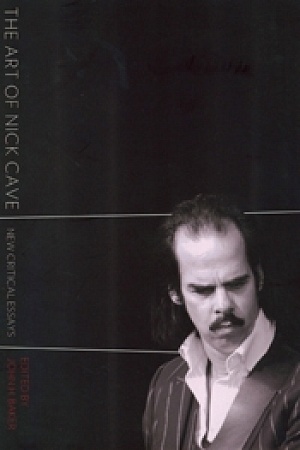Watt (Melbourne International Arts Festival) ★★★★½
While the bulk of Samuel Beckett’s monumental reputation rests on the plays – especially the mid-career, mid-century works that include Waiting for Godot (1953), Endgame (1955–57), and Happy Days (1961) – it is the novels that afford the most prolonged, immersive access to his enduring concerns and preoccupations. While Molloy (1951), Malone Dies (1951), and The Unnamable (1953) are considered his most significant, his earlier works such as Murphy (1938) and Watt (started in 1941, when Beckett was hiding from the Gestapo in Roussillon, but not completed until 1945) offer a fascinating glimpse into the initial stirrings of his genius. In fact, the latter is perhaps the first solid glimpse of this genius in action, one that arguably lay the foundations of what was to come.
Certainly, the preoccupations are there. Nothing, and its great devouring of meaning, is one of the central tenets of Beckett’s output, and its creeping presence is everywhere felt in the novel. Then there is the master–servant dynamic that morphs into increasingly complex power plays – one that crops up in Godot and Endgame. Vitally, there is the idea of language as a tottery, tenuous bridge to reality and even to existence itself. In Beckett, to speak is to grasp desperately at life even as the silence encroaches. Of course, as any fan of Beckett knows, it’s also achingly funny.
Continue reading for only $10 per month. Subscribe and gain full access to Australian Book Review. Already a subscriber? Sign in. If you need assistance, feel free to contact us.















Leave a comment
If you are an ABR subscriber, you will need to sign in to post a comment.
If you have forgotten your sign in details, or if you receive an error message when trying to submit your comment, please email your comment (and the name of the article to which it relates) to ABR Comments. We will review your comment and, subject to approval, we will post it under your name.
Please note that all comments must be approved by ABR and comply with our Terms & Conditions.